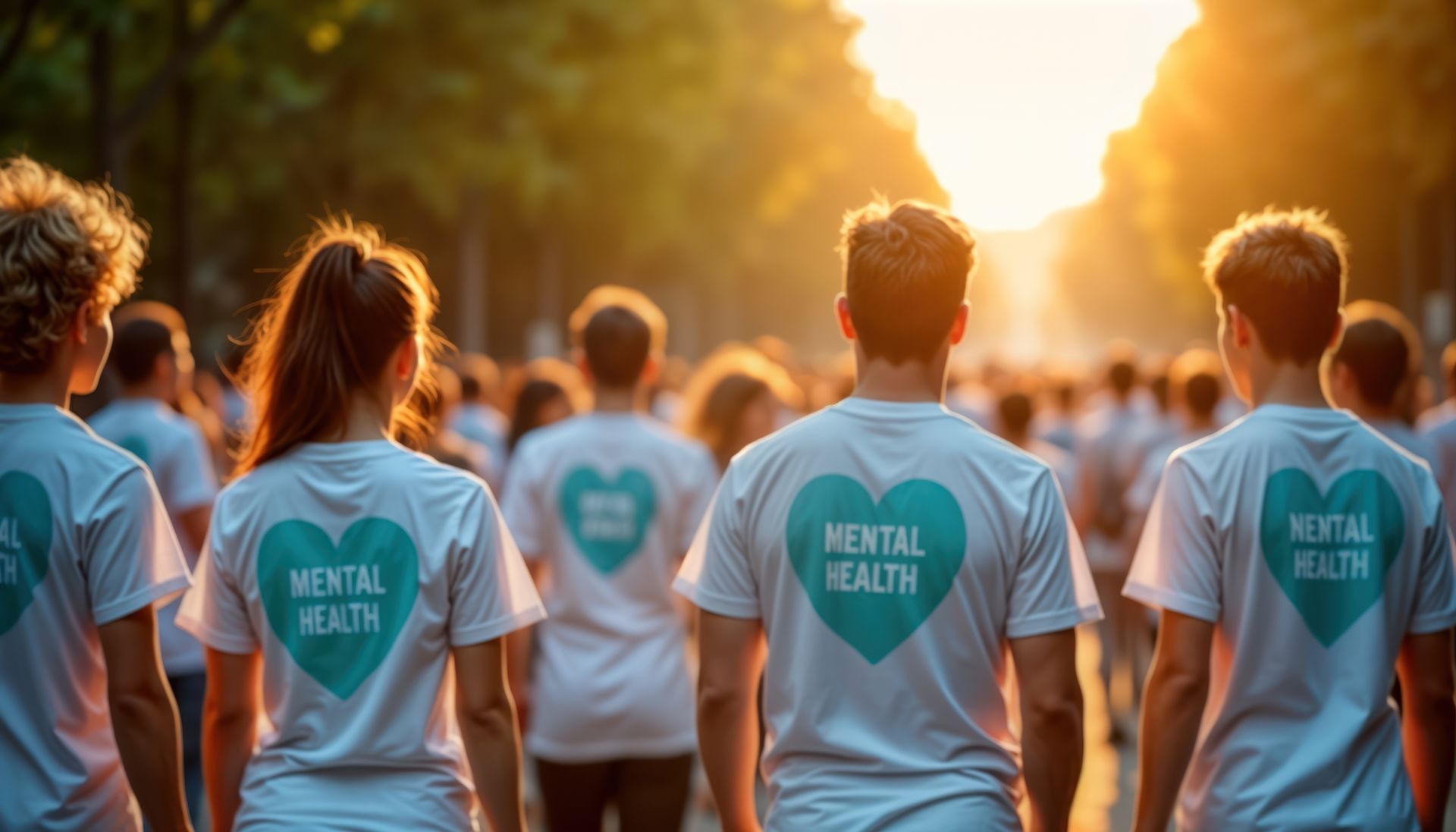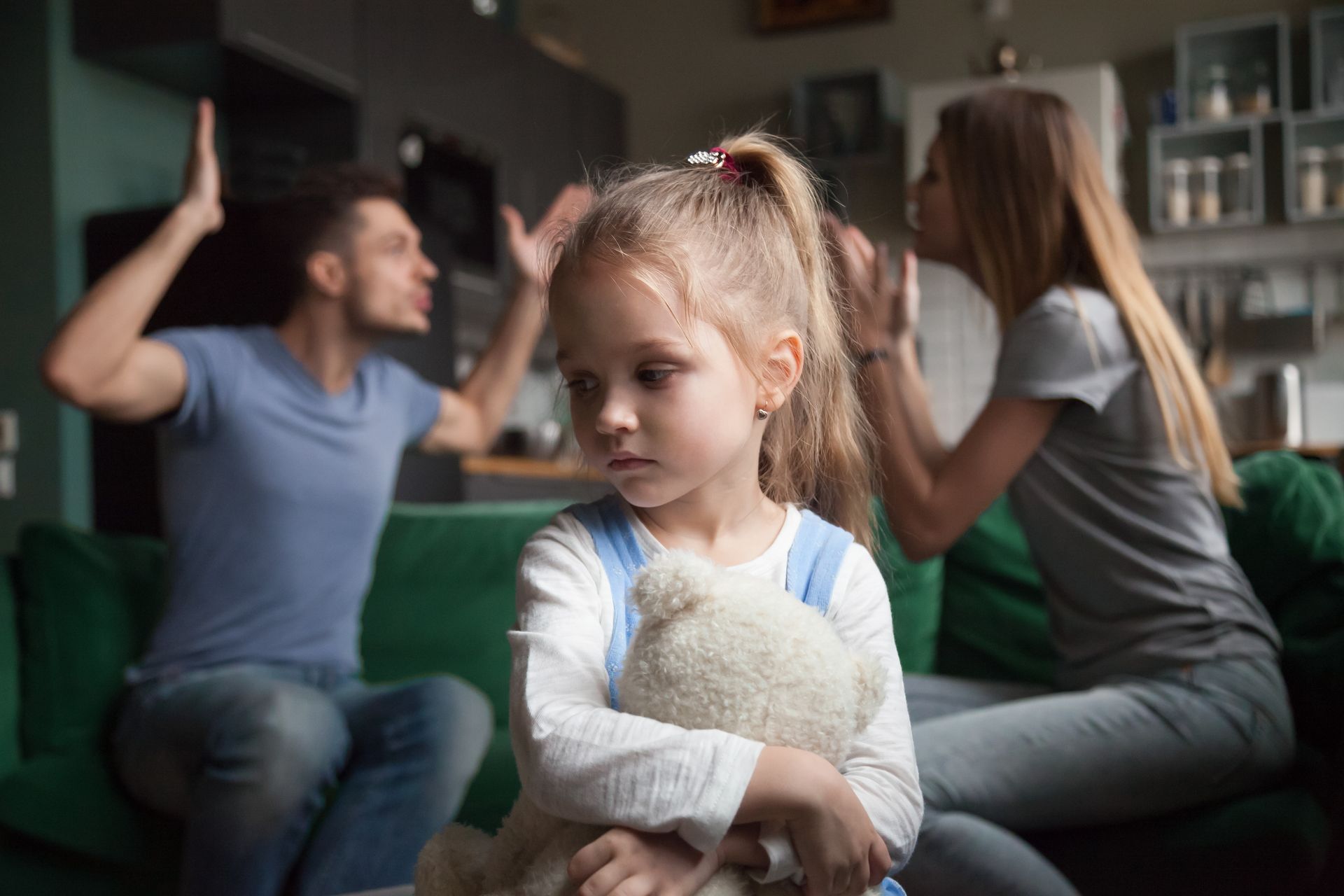How to Recognize Early Signs of Mental Health Issues in Children and Teens
Not just adults but also young people face mental health issues. In fact, according to studies, one in seven 10-19-year-olds experience or get diagnosed with a mental disorder. This accounts for approximately 15% of the global disease burden in this age group.
It could be fairly easy to dismiss subtle symptoms of mental health issues. “If they physically look okay, they should be okay.”—but that’s not the case. Mental health is equally important during their formative years.
And it’s normal for children to evolve and go through a lot of developmental and hormonal changes. So the question is: how can you distinguish and differentiate mental health issues from these? Here are some signs to look out for.
Common Early Signs of Mental Health Issues in Children and Teens
One red flag can be a noticeable and extreme change in their behavior. If your child typically socializes, actively engages, and makes an effort with others but suddenly stops these interactions, it may indicate distress. Other signs include increased irritability or avoidance of previously enjoyable activities. For example, they may begin to decline social event invitations (like sleepovers or playground sessions), spend a lot of time alone, and withdraw from their usual activities.
2. Academic or school-related changes
It is normal for children to show occasional disengagement as they grow up. However, a big and sudden change or drop in their grades (or any academic performance) may be a sign of underlying mental issues. They may also be more disinterested in school work or missing out on school overall. Some kids also often visit the school nurse to avoid class attendance.
3. Changes in mood and emotions
Constant sadness, fearfulness, hopelessness, or excessive worry can be concerns or symptoms of mental health issues. Pay attention to their mood swings, overly sensitive behavior to criticism, or fear in certain situations. These emotional responses could sometimes be early signs of mental health conditions. It's normal for children and teens to experience mood swings, so respond based on your understanding of your child.
4. Physical symptoms with no medical cause
Emotional pain can also reflect and manifest physically. This includes headaches, stomach aches, and perhaps other aches and pains without any underlying or clear medical cause. These may be signs of stress or anxiety. Changes in sleeping and eating patterns can also be a clue.
5. Risky or self-harming behaviors
This is one of the most alarming signs and requires immediate action. If you observe your child engaging in high-risk behaviors, showing signs of self-harm (cutting, burning, or any form of self-injury), or even talking about suicide, it’s crucial to seek professional help right away. These behaviors often reflect severe emotional distress.
We have a list of mental health resources here.
6. Loss of self-esteem
If you notice your child has become significantly more self-critical than before, like expressing feelings of worthlessness or a negative self-image, it may indicate emotional distress. These symptoms are often associated with anxiety and depression. For example, a child repeatedly saying they are "dumb" or "worthless."
How Can You Differentiate Developmental Changes to Mental Health Issues?
| Usual Developmental Changes | Signs of Potential Mental Health Issues | |
|---|---|---|
| Mood | Brief mood swings; usual teenage irritability | Extreme or lasting mood swings that affect relationships |
| Social Behavior | Chooses friends selectively, may change social circles | Consistent withdrawal from friends and social activities |
| Academic Performance | Natural ups and downs due to evolving interests | Unexplained, significant drop in school performance |
| Sleep | Changes due to growing up or busy schedules | Chronic insomnia or excessive sleep |
| Eating Habits | Varied food preferences, occasional binge eating | Severe changes in appetite or eating patterns |
| Sensitivity | More emotional during puberty | Overly sensitive to criticism or failure, often upset |
| Physical Symptoms | Typical growth-related pains | Frequent, unexplained physical complaints (e.g., headaches) |
| Behavior | Testing boundaries, exploring identity | Persistent risky or harmful behaviors |
| Self-Esteem | Self-discovery can lead to moments of self-doubt | Ongoing self-criticism and feelings of worthlessness |
What can be done?
Here are some things you can do once you notice that your child is showing signs of mental issues or disturbance.
Be observant
Regularly engage with them, pay attention to their behavioral changes, and take note of the timeline. From here, you might get a picture of why these have been happening and take action if possible.
Open communication
Children can be naturally emotional as they grow up. This is why you need to create a safe, non-judgemental space for them to open up themselves. Communication and engagement can go a long way. Make it clear to them that they can always open up to you about anything without fear of judgment or punishment.
Professional help
If these signs become persistent, it may be time to consult a professional.
Here at FundaMental Change, we believe in empowering every individual to recognize early warning signs and foster timely support and intervention.
Are you ready to make a difference?
Find out more and get involved with FundaMental Change. Even the smallest bit of awareness and action can change lives. Join the campaign for mental health, end stigma, and improve lives by attending our events, browsing our resources, or donating. Join us to connect with others in a community focused on mental wellness.












